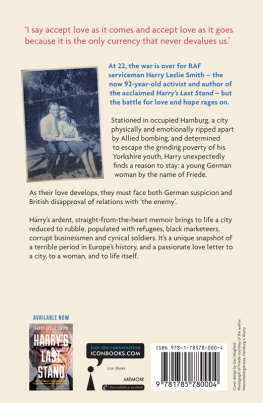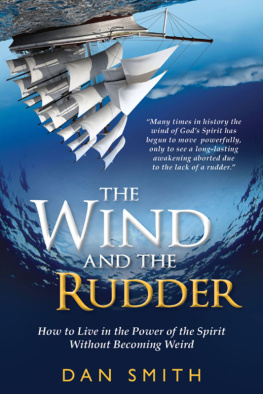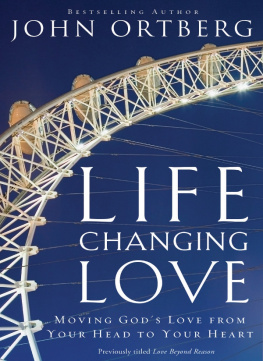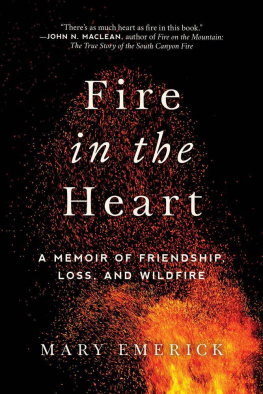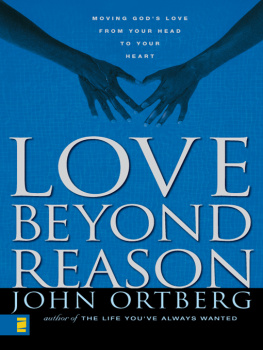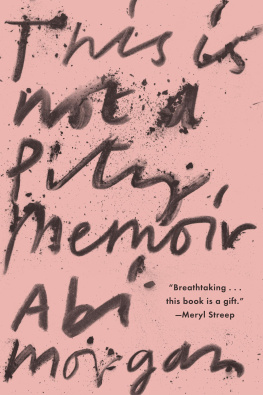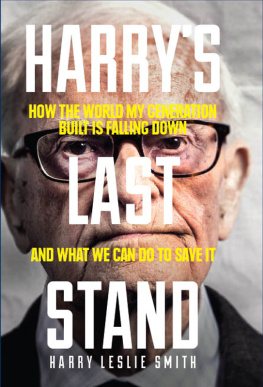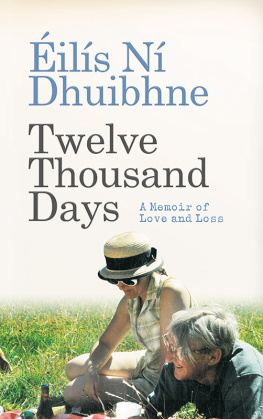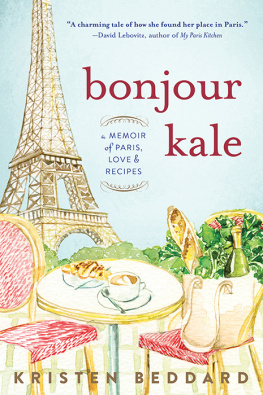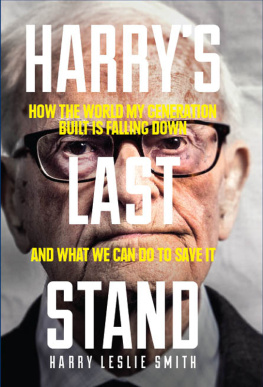LOVE AMONG THE RUINS
LOVE AMONG THE RUINS
A MEMOIR OF LIFE AND LOVE IN HAMBURG, 1945
HARRY LESLIE SMITH

Published in the UK in 2015 by Icon Books Ltd, Omnibus Business Centre, 3941 North Road, London N7 9DP email:
Originally published in 2012 under the title Hamburg 1947: A Place for the Heart to Kip by Barley Hole Press, Belleville, Ontario
Sold in the UK, Europe and Asia by Faber & Faber Ltd, Bloomsbury House, 7477 Great Russell Street, London WC1B 3DA or their agents
Distributed in the UK, Europe and Asia by TBS Ltd, TBS Distribution Centre, Colchester Road, Frating Green, Colchester CO7 7DW
Distributed in South Africa by Jonathan Ball, Office B4, The District, 41 Sir Lowry Road, Woodstock 7925
Distributed in Australia and New Zealand by Allen & Unwin Pty Ltd, PO Box 8500, 83 Alexander Street, Crows Nest, NSW 2065
Distributed in India by Penguin Books India, 7th Floor, Infinity Tower C, DLF Cyber City, Gurgaon 122002, Haryana
Distributed in Canada by Publishers Group Canada, 76 Stafford Street, Unit 300, Toronto, Ontario M6J 2S1
Distributed to the trade in the USA by Consortium Book Sales and Distribution The Keg House, 34 Thirteenth Avenue NE, Suite 101, Minneapolis, MN 55413-1007
ISBN: 978-178578-000-4
Text copyright 2012, 2015 Harry Leslie Smith
The author has asserted his moral rights
No part of this book may be reproduced in any form, or by any means, without prior permission in writing from the publisher
Typeset in Monotype Bell by Marie Doherty
Printed and bound in the UK by Clays Ltd, St Ives plc
For Friede: 19281999
Who was my love, my faith, my Heimat
About the author
Harry Leslie Smiths Guardian articles have been shared almost a quarter of a million times on Facebook and have attracted huge comment and debate. His book Harrys Last Stand (Icon, 2014) received widespread praise, with Annie Lennox saying that Harry is absolutely one of my heroes. Everyone should read this and be humbled. He lives in Yorkshire.
Acknowledgements
I would like to extend my thanks to the Bundesarchiv in Berlin, Germany, and the Hamburg City archives for allowing me to utilise their resources. Their assistance was invaluable in writing this book. I cannot express enough gratitude to my friends and my wifes closest confidantes, Gerda Metzler and Ursula Overbeck, for their insights and assistance in my research about life in Hamburg during the 1930s. Your loyalty and your love, throughout the years to your friend Friede, is an inspiration. I am truly grateful to the kindness you have both shown me over the years.
I should also like to express my gratitude to the readers of my memoir 1923, who encouraged me to continue my journey into my past. I extend my thanks to my children and my grandchildren for having supported me in my endeavours to unravel our shared history. Vickie, Melanie and Cynthia, your thoughtful reading of my manuscript and your corrections have added immeasurably to the quality of my memoir. I am touched by the kindness and friendship you have all shown me.
I would also like to thank some men from long ago: Sid, Dave, Taffy, and Jack for being my mates. I hope you all found your way and grabbed some happiness out of this all too short a life.
I must also acknowledge my appreciation and thanks to: Walker, Locke and Cox; who were not only decent officers, but thoroughly decent men. They always did their best and deserve to be remembered for their empathy towards their fellow man.
Finally, I acknowledge my gratitude to all those people I have broken bread with while on this Earth. I hope your life was enriched as much as mine was by your company.
To the reader
I t is autumn and it is wet and damp outside. I can already feel the approaching cold and heavy breath of the frozen months upon the nape of my neck. If I survive, this will be my 92nd winter on this Earth. Some say age brings wisdom, reason, serenity. I say bollocks; great age brings rheumatism, deafness, vascular degeneration and organ failure. So far, I have been lucky and my body has endured my storm-tossed life healthy and intact. It is a blessing I appreciate and honour every morning by performing the graceful movements of tai chi, which provides me the balance to combat the punishment that great age bestows on those who dare to live so long. We suffer the irretrievable loss of love, through death. We abide the profound loneliness of age as friends and lovers disappear from our grasp and are replaced with static photographs mounted high up on our fireplace mantel. I dont ask for condolences or your pity because I have felt an elemental chart of wondrous emotions during my life. I have experienced the very best and the very worst that mankind has to offer. I have loved and been loved and that is a great matter. It is all that should matter. It is all that must matter, even to you, dear reader. So as I walk into the fourth season of life, I say accept love as it comes and accept love as it goes because it is the only currency that never devalues us.
I leave you now with a small piece of my life; my time in Germany following the last Great War. It is a simple story about people searching to belong and survive in a world that was almost destroyed.
Cheers,
Harry Leslie Smith
CHAPTER 1
1945: The conditions of surrender
I dont know why, but the winter rains stopped and spring came early in 1945. When Hitler committed suicide at the end of April, the flowers and trees were in full bloom and the summer birds returned to their nesting grounds. Not long after the great dictators corpse was incinerated in a bomb crater by his few remaining acolytes, the war in Europe ended. After so much death, ruin and misery, it was remarkable to me how nature resiliently budded back to life in barns and fields and across battlegrounds, now calm and silent. The Earth said to her children: it is time to abandon your swords and harness your ploughs; the ground is ripe and this is the season to tend to the living.
I was 22 and ready for peace. I had spent four years in the RAF as a wireless operator. I was lucky during the war; I never came close to death. While the world bled from London to Leningrad, I walked away without a scratch. Make no mistake, I did my part in this war; I played my role and I never shirked the paymasters orders. For four years, I trained, I marched, and I saluted across the British Isles. During the final months of the conflict, I ended up in Belgium and Holland with a unit that was responsible for maintaining abandoned Nazi airfields for Allied aircraft.
When Germany surrendered to the Allies in gutted Berlin, I was in Fuhlsbttel, a northern suburb of Hamburg. At the time, I didnt think much about Fuhlsbttel, I felt it was between nothing and nowhere. It was much like every other town our unit drove through during the dying days of the war. Nothing was out of place and it was quiet, clean, and as silent as a Sunday afternoon. Our squadron took up a comfortable residence in its undamaged aerodrome.
While I slept in my new bed in this drowsy neighbourhood, the twentieth centurys greatest and bloodiest conflict came to an end at midnight on 7th May. On the morning of the 8th, our RAF commander hastily arranged a victory party for that afternoon. The festivities were held in a school gymnasium close to the airport.
The get-together might have been haphazard and the arrangements made on short notice, but there were no complaints because death was now a postponed appointment. Our individual ends, from road accidents, cancer, or old age, were to be pencilled in for a date in the far distant future. There was a lot of excitement, optimism and simple joy generated during the party because we were young and pissed on free beer. RAF officers, NCOs and enlisted men marked the passage from war to peace, dancing the bunny hop in the overheated school gymnasium.
Next page
